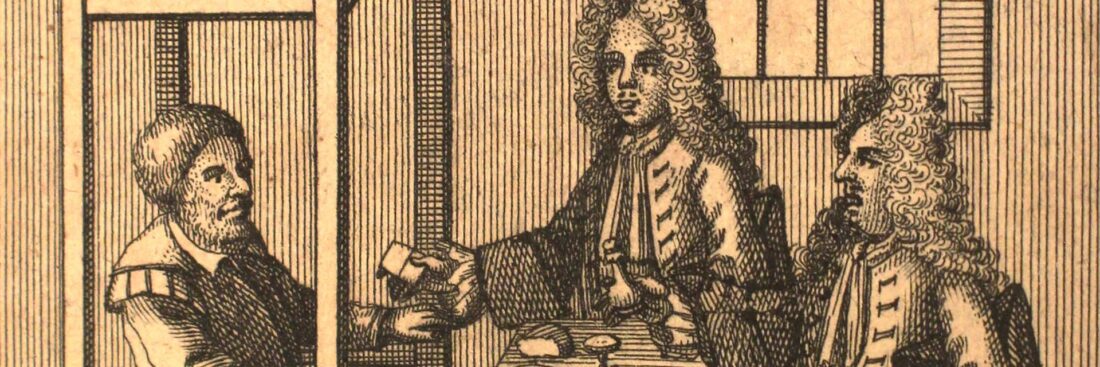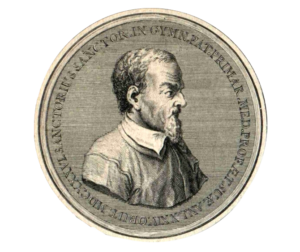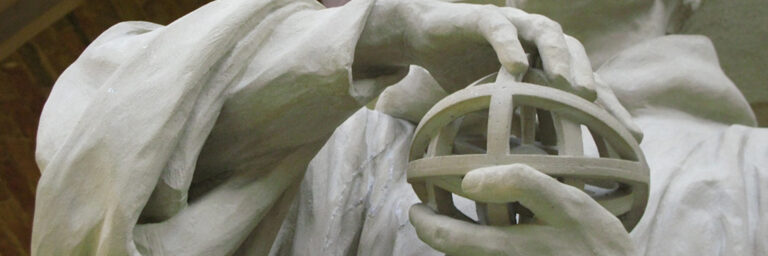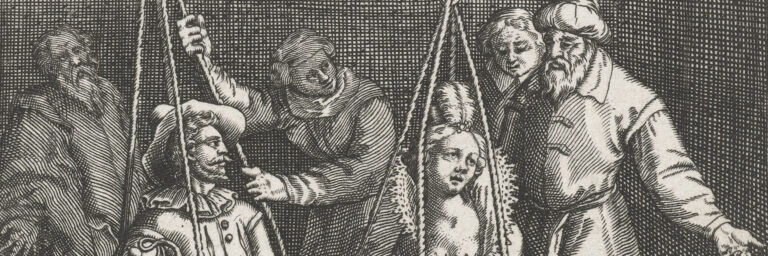Knowledge, Experiment, and Practical Advice


Santorio Lecture 2024
Knowledge, Experiment, and Practical Advice
The Challenging Legacy of Santorio in Eighteenth-Century Health Advice
Marsha Wubbels
The medical school of thought known as iatromechanism, especially influential in the late seventeenth and early eighteenth century, was the impetus for renewed interest in the theories and experimental practices of Paduan physician Santorio Santori (1561-1636). Santorio was famous especially for his ‘weighing chair’, which he designed to measure and manage what we would now call metabolism.
The results of his 25-30 year weighing experiment were published in Santorio’s most famous work, the Ars de statica medicina (1614) which was republished over the course of the early eighteenth century.
Santorio’s weighing experiment was re-trialled by physicians in England, Ireland, and Scotland, which lend further credit still to Ars de statica medicina, and to Santorio’s weighing chair as a legitimate method for measuring health and the body.
Though many eighteenth-century physicians considered Santorio’s experiment effective for establishing rules about eating, excreting, and health, physicians also recognised that a ‘Santorian’ weighing experiment was impractical to the point of being almost impossible for people to replicate.
How then did physicians persuade readers of health guides of the benefits of such an experiment?
In this Santorio Lecture, I will explore eighteenth-century physicians’ efforts to popularise measuring as a health practice, focussing especially on the practical challenges around body weighing, and how physicians navigated these practical challenges in their written health advice.






